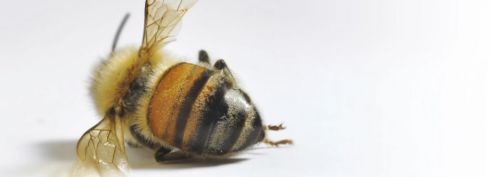World Leaders, Protect Half our Planet - Please sign this petition
Posted on
|
There’s a new Petition on Avaaz which is called World Leaders, Protect Half our Planet. The petition is calling for world leaders to forge a new agreement such that at least 50% of our lands and oceans must be protected and restored. A global study has just found that every insect on the planet is on track to be wiped out – causing life on Earth to collapse – and that includes humans.
The petition says: "We global citizens are deeply concerned by scientists warning that ecosystems critical to sustaining life on Earth could collapse in our lifetimes. We call on you to meet existing targets to protect biodiversity, forge a new agreement so that at least 50% of our lands and oceans are protected and restored, and ensure our planet is completely sustainably managed. This must take into consideration the needs of human development and have the active support of indigenous peoples. This long-term goal for nature can restore harmony with our home." Nature has never needed such a strong voice and scientists are offering a way to defend nature and people too – put half the planet under protection. At the moment, France, Germany, Canada and other countries are about to hold talks to look at the idea before a global summit on extinction. This is all happening at the time Sir David Attenborough’s programme Our Planet streams on Netflix, hoping for an audience in 190 countries. It could be over ONE BILLION people watch it – that’s one in seven (give or take a few) on the planet. The petition calls on these leaders to back protection for half the earth.
|
